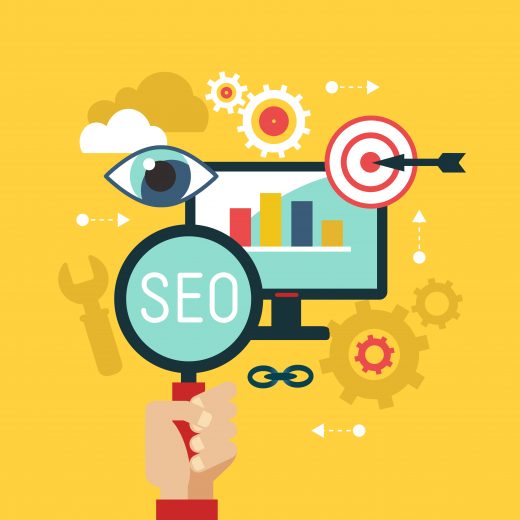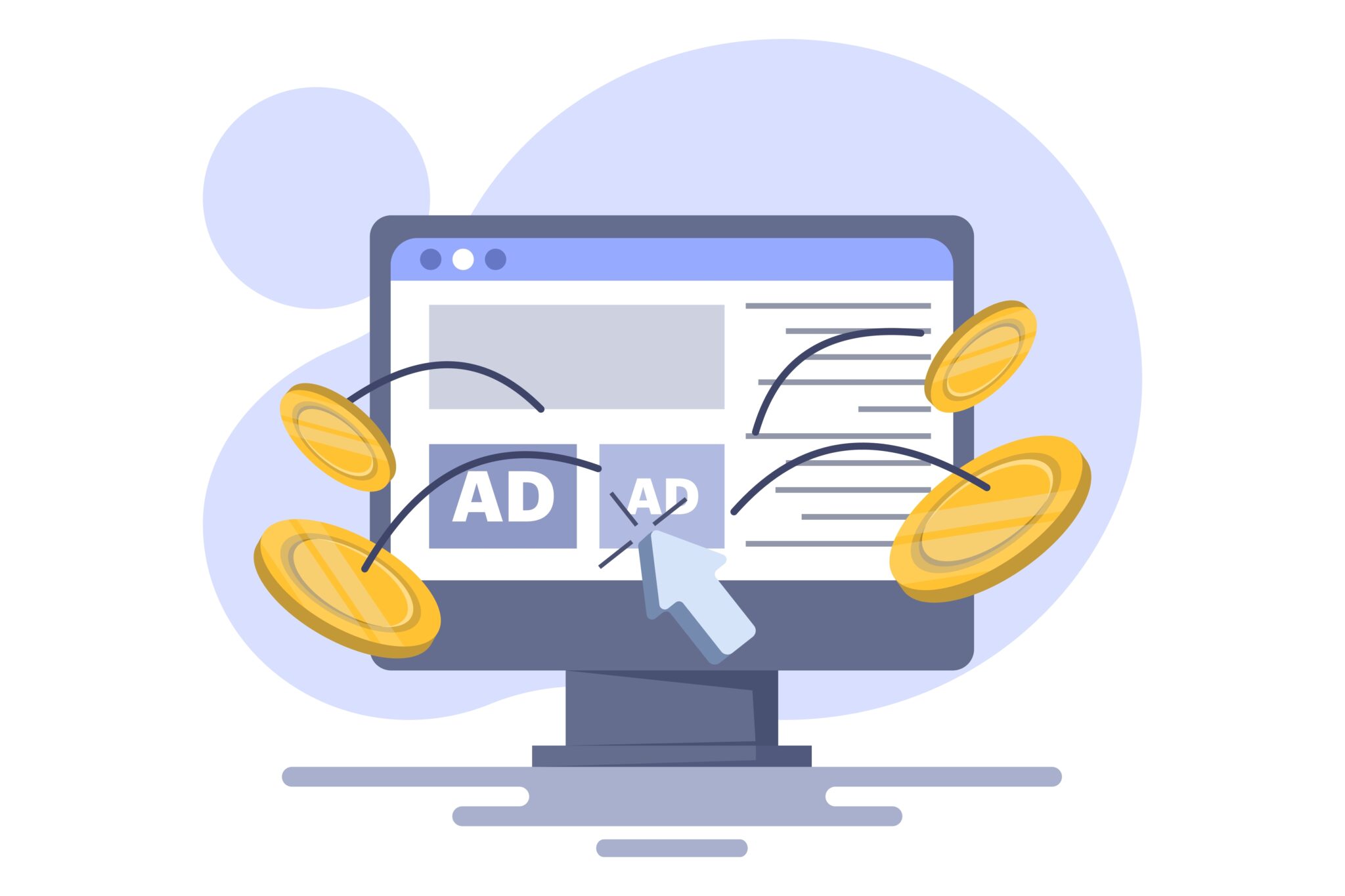What is Search Intent for SEO?

If you own a website and you want people to buy your products, revisit your website or sign up to your newsletter, you’ll need to properly understand their search intent. Simply put, search intent is the reason why people are conducting a particular search. Is it because they want to make a purchase? Is it because they want to learn about something? There are four main types of search intent:
1. Informational intent: to find out information about the weather, marketing tips, recipes, etc.
2. Navigational intent: to navigate to a particular website e.g. Twitter, Amazon etc.
3. Transactional intent: to make a purchase.
4. Commercial intent: to compare products and prices.
As Google becomes increasingly smarter, it is more able to determine the user’s search intent. They want to rank pages that are the best match for the intent, as well as the search term itself. As a result, it is important for website owners and particularly SEO professionals to create pages that are most appropriate for the target audience’s search intent.
Your landing pages should be optimised to suit the search intent of your prospective customers. For example, if people are searching for information, there’s no use showing them a product page. If they are looking for a particular product to order, there’s no use showing them information.
Sometimes it can be tricky to determine a user’s search intent, but there are things you can do to help figure it out. You could carry out a small survey, for instance, to give you some insight. It is certainly worth some consideration because the more optimised your landing pages are, the better experience your users will have on your website. This will encourage them to revisit your site in the future. If you have any questions about search intent and SEO in general, feel free to get in touch and a member of our team will be happy to help advise you.







